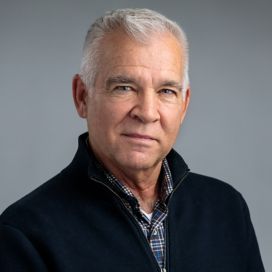The Abecedarian Project at Midlife

The Abecedarian Project, a program of the Frank Porter Graham Child Development Institute (FPG) at the University of North Carolina at Chapel Hill, is one of the world’s oldest and most often cited early childhood education programs.
Since its inception, the Abecedarian Project has become synonymous with the positive, long-term effects of high-quality early care and education, particularly the power of early intervention to surmount some of the disadvantages of poverty. Following an experimental design, 111 infants born between 1972 and 1977 to low-income families in Orange County, North Carolina, were randomly assigned to either the early educational intervention group or the control group. The Abecedarian Project differed from other childhood intervention projects because it began in early infancy and exposed children to a high-quality childcare setting for five years—the entire period from birth through school entry—instead of the shorter durations typical of other projects. Researchers monitored children’s progress over time with follow-up studies conducted at ages 12, 15, 21, 30, and 35. The findings continue to demonstrate that important, long-lasting benefits are associated with the high-quality early childhood program.
With funding from the National Institutes on Aging (NIA), NORC and a team of investigators from FPG, the University of Chicago, and the University of California, Los Angeles are conducting follow-up interviews to estimate the impact of early childhood education on participants through midlife (mid-40s). For the midlife interviews, the project will supplement existing data by collecting both current and retrospective data on key outcomes relevant to midlife. The survey includes:
- Measurements of physical and mental health
- Employment, finances, and use of social services
- Education and health outcomes of participants’ children
- Cognitive skills and executive functioning
- Noncognitive skills, including personality measures and risk-taking
In addition, biomeasures will be collected from participants with minimally invasive protocols to obtain objective measures of health. We will augment the survey with administrative data on employment, income, use of social services, and crime.
Related Tags
Project Leads
-
Katie O’Doherty
Principal Research DirectorProject Director -
Michael Reynolds
Senior Vice President & DirectorSenior Staff








